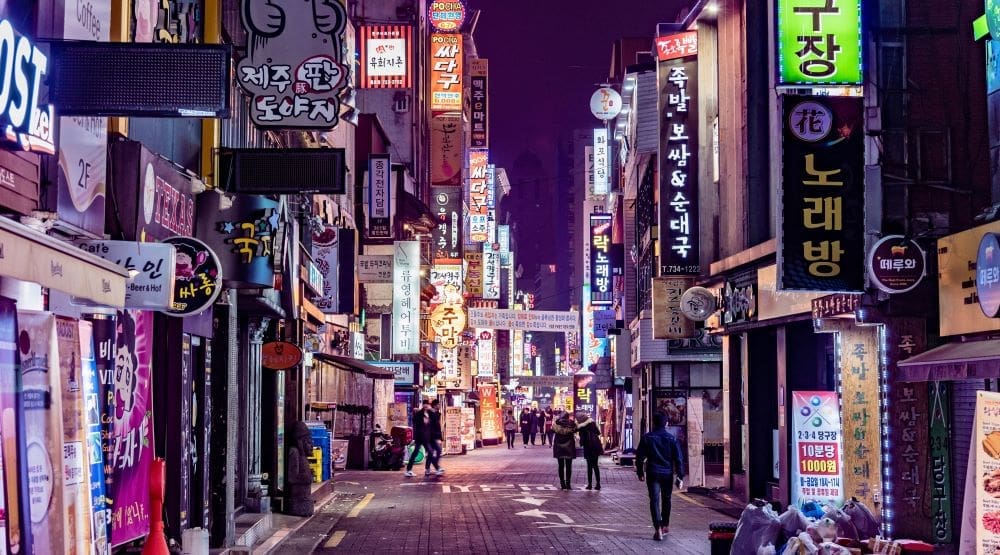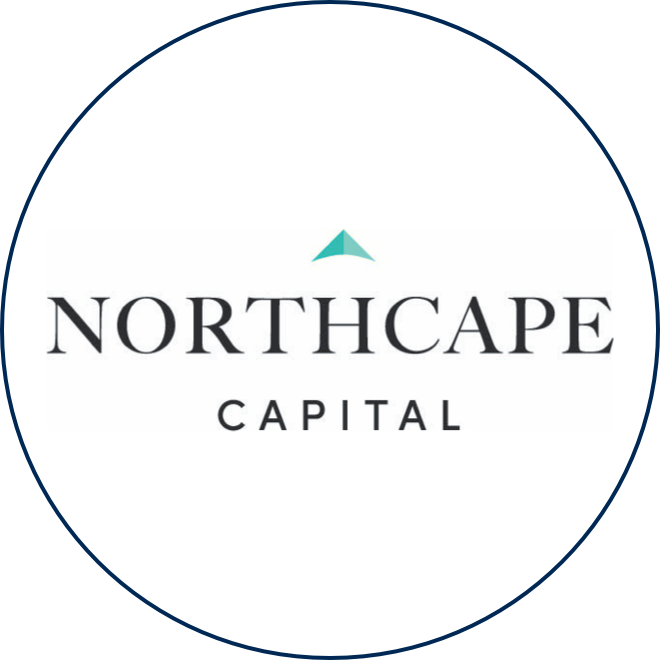Emerging Markets: Korea’s “Value-Up” program aims to boost shareholder value
12 November 2024

South Korea’s “Value-Up” program was launched in February 2024 with the objective of enhancing corporate governance and market practices to increase shareholder value by aligning the interests of controlling and minority shareholders. South Korea is an important Emerging Market and here our specialist EM investment partner, Northcape Capital, provides an overview of the initiative.
This information has been prepared by Northcape Capital, the underlying investment manager for the Warakirri Global Emerging Markets Fund.
South Korea’s “Value-Up” Program: A Potential Catalyst for a Market Re-Rating
Korea’s Corporate “Value-Up” program was launched on 26 February 2024 by the Financial Services Commission (FSC). It aims to enhance corporate governance and market practices to increase shareholder value. The program focusses on improving transparency, aligning the interests of controlling and minority shareholders, and providing financial incentives for companies to adopt higher governance standards.
Here we outline some of the key positives and negatives of the Value-Up initiative.
Key Positives:
- Improving Corporate Governance: The program encourages companies to voluntarily adopt higher governance standards and enhance transparency. This should reduce conflicts of interest and increase accountability, benefiting both controlling and minority shareholders.
- Aligning Interests: The program seeks to align the interests of controlling and minority shareholders, creating a fairer business environment. This involves reforms to corporate laws and regulations to ensure that minority shareholders have a stronger voice, and their interests are protected.
- Market Transparency: The FSC and KRX have provided a list of reporting guidelines for listed companies to follow and have also detailed the financial metrics that will be used to monitor their progress (e.g. valuation multiples, ROE, dividend payout). Listed companies will be required to disclose specific plans for achieving these goals and the progress, or the lack of it, will be reported on the KRX website. Companies will also be required to increase disclosures in English.
- Boosting Shareholder Returns: This is the ultimate goal of the program. If successful, this could help reduce the long-standing ‘Korean discount’.
Key Negatives:
- Voluntary Nature: The voluntary nature of the Value-Up program means that its impact may be limited without stronger enforcement mechanisms, such as the threat to delist Korean companies.
- Political Challenges: The success of Value-Up depends on having broad political support consensus to implement the program. The recent legislative election results – in which the opposition Democratic Party achieved a significant victory, winning 175 of the 300 seats in the National Assembly – has added to the uncertainty surrounding the program’s future.
- Resistance from Chaebols: The program faces some resistance from Korea’s powerful chaebol conglomerates, which have historically prioritised maintaining control over maximising shareholder value. These conglomerates often have opaque structures and conflicts of interest, which make reform challenging.
- Slow Process: The program’s long-term success will likely involve a slow and incremental process – as was the case in Japan. Overcoming entrenched corporate practices and aligning the interests of various stakeholders will take time, requiring sustained effort and monitoring.
Long-Term Potential, Corporate Optimism, and Key Tax Reforms
Overall, we believe that Korea’s Value-Up program holds significant promise for enhancing corporate value and improving investment returns over the long-run. However, it will take time, and its success hinges on overcoming resistance from business interests, maintaining momentum amidst a messy political backdrop, and likely requires stronger enforcement mechanisms.
During our visit to Korea earlier this year, most companies we spoke to were optimistic about the initiative but were waiting for the largest corporates in Korea to take the lead.
Some companies, such as our holding Coway (a leading environmental home appliances company), indicated they are looking to voluntarily lift their dividend payout ratio, which we believe could drive a material improvement in the share price.
In July, the Yoon government announced tax cuts for companies that increase capital returns to shareholders under the Value-Up program. This reform is critical as high taxation of dividends, for example, is the key reason Korean payout ratios remain so low. More recently, the government also announced that it is looking to reduce inheritance taxes – another important issue that drives the behaviour of the owners of the leading Korean corporates. This is because it could alleviate the financial burden on corporate heirs, encouraging long-term investment decisions and smoother generational transitions.
Korea has a top inheritance tax rate of 50% – the world’s second highest after Japan’s 55%. Inheriting shares from the largest shareholders incurs an additional 20% tax on the appraised value, raising the top tax rate to 60%.
Potential Valuation Impact – Lessons from Japan and Mexico
If successful, the Korean Value-Up initiative could drive a material re-rating in the valuation multiples for Korean companies. The program has clearly been inspired by Japan’s corporate governance reform initiatives, which have been underway for over a decade. Japan’s efforts have resulted in the Korean market de-rating from a 10% discount to Japan a decade ago, to a 35% discount more recently.
We believe Korea was encouraged to accelerate its own program by this re-rating of its historic rival and neighbour. Both markets have long suffered from depressed valuation multiples (low P/Book ratios) versus their global peers – with poor corporate governance and lazy balance sheets key reasons for this.

South Korea’s stock market currently trades on a P/book ratio of 1.1x. This is a 30% lower valuation than the MSCI EM index at 1.5x, and 42% lower than Mexico’s 1.8x. We highlight Mexico as it is an EM with a superior ROE (16.7%), which is above that of the EM index (13.9%) and Korea (12.7%).

This highlights the potential valuation re-rating Korea could achieve if its Value-Up initiatives are successful in improving Korean corporates’ ROEs. Mexico is further relevant because we have observed a notable improvement in Mexican corporates’ focus on corporate governance and returns on capital in recent years, which has driven the market’s ROE higher.
Conclusion
As at end October 2024, Northcape’s Emerging Markets strategy had 14.5% of assets in South Korea, comprising positions in Samsung Electronics (5.5%), SK Hynix (4.9%), Coway (3.4%) and Samsung SDI (0.7%), with an average P/E of 8.9, ROE of 4.8% and dividend yield of 1.4%. Note the average metric of these companies is well above the Korean averages, which reflects our process of focusing on higher returning companies. That said, some of the metrics of our Korean positions are still well below the average of the Northcape portfolio. This highlights the potential positive re-rating of these stocks from the Korea Value-Up project.
For more information, please contact us on 1300 927 254 or visit Warakirri Global Emerging Markets Fund.
The information in this document is published by Warakirri Asset Management Limited ABN 33 057 529 370 (Warakirri) AFSL 246782 and issued by Northcape Capital ABN 53 106 390 247 AFSL 281767 (Northcape) representing the Northcape’s view on a number of economic and market topics as at the date of this report. Any economic and market forecasts presented herein is for informational purposes as at the date of this report. There can be no assurance the forecast can be achieved. Furthermore, the information in this publication should only be used as general information and should not be taken as personal financial, economic, legal, accounting, or tax advice or recommendation as it does not take into account an individual’s objectives, personal financial situation or needs. You should form your own opinion on the information, and whether the information is suitable for your (or your clients) individual needs and aims as an investor. While the information in this publication has been prepared with all reasonable care, Warakirri and Northcape do not accept any responsibility or liability for any errors, omissions or misstatements however caused.
